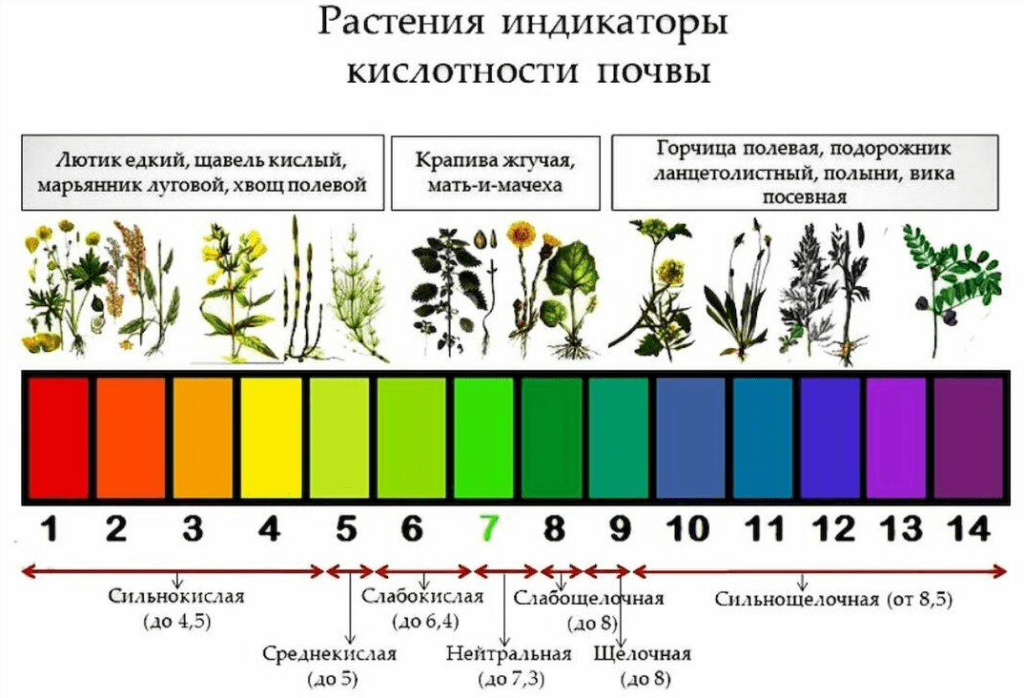Ficus benjamina is a very popular houseplant. It does not require special conditions for normal growth. To Ficus Benjamina grew actively, its crown was constantly green, and the leaves did not fall off, it is necessary to water it and fertilize the soil in a timely manner. It is also important to choose the right soil composition for the ficus.
What kind of soil is suitable for ficus?
When replanting a ficus, it is recommended to use a soil substrate. The substrate usually includes: sand, earth and a little peat. Substrates are sold in specialized stores. In some cases, it will be easier to buy a ready-made substrate for ficus than to prepare the soil yourself, consisting of the above ingredients.

To choose the right soil for a ficus, you need to pay attention to its composition and acidity. Soil with neutral acidity is best for ficus. That is, the pH should be from 6 to 8. Experts say that it is permissible to use slightly acidic soil with pH=5, taking into account the introduction of mineral fertilizers. To reduce acidity, lime or dolomite flour can be added to the soil.

To choose the right soil composition for ficus, you need to look at the content of nitrogen, phosphorus and potassium. The following concentrations are recommended:
| Component | Concentration |
| potassium | from 250 to 600 mg per liter |
| phosphorus | from 200 to 400 mg per liter |
| nitrogen | from 250 to 600 mg per liter |
Soil for lush growth of ficus
In what kind of soil will the ficus feel comfortable and be able to grow and develop normally? For this, the soil must have sufficient nutrients. Biohumus may also be present in the soil. Biohumus contains nutrients that promote the growth and development of the ficus and increase its survival rate when transplanted.
If you want to loosen the soil, add some charcoal. This will allow air to better penetrate to the roots.
Ficus does not like excess moisture. If the soil is too wet, it can lead to root rot and the appearance of parasites.

How to choose soil for ficus
To choose the best soil for ficus, you need to consider the age of the plant. Thus, young ficuses develop better in loose soil. Adult plants actively grow in denser soil with sufficient nutrient content. There should also be drainage to remove excess moisture.
You can find specially prepared substrates on the market. The packaging of which indicates "soil for ficus" or "palm soil". The main difference is the concentration of minerals included in the substrate. Factory soil is treated from parasites and weeds before packaging. Therefore, it can be used immediately for replanting ficus.


How to prepare soil for ficus yourself
In order for the ficus to grow and develop vigorously, it can be transplanted into soil prepared by yourself. In this case, you can control the composition of the soil yourself by adding the necessary substances. You can also add mineral fertilizers directly into the soil within reasonable limits.
How to choose the right soil for bonsai read in article
To prepare a substrate for ficus, follow these steps:
- Take equal amounts of forest soil, humus and peat
- Mix until smooth.
- Add some fine sand and pebbles
- Mix and prepare the soil for processing
If there are no pebbles, you can use expanded clay. Expanded clay is also suitable for creating drainage at the bottom of the pot.

How to sterilize soil before replanting
Soil sterilization is necessary in order to destroy in the soil parasites, as well as some seeds for weeds. Sterilization can be chemical or thermal. Thermal sterilization of soil can be done in two ways: freezing and heating to a high temperature.
Freezing
The soil can be placed in the freezer or left in the cold for a while. However, this will not kill the weed seeds.
Heating
To sterilize the soil in this way, spread the soil on a baking sheet and place it in the oven for 1 hour. Set the temperature 90 - 100 degrees. Every 15 minutes The soil should be mixed. High temperatures destroy parasites and weed seeds.

Chemical treatment
Chemical treatment is preferable to heat treatment. During chemical treatment, beneficial bacteria are not destroyed. Experts and gardeners recommend using such chemical treatments as Baikal EM-1 and Fitosporim. These preparations contain beneficial microorganisms that promote nutrition and growth of ficus.

How to transplant a ficus
Young plants are first planted in a small pot. The first few months the ficus has enough nutrients in the soil. After the ficus has grown, about 1 year later, it should be transplanted into a larger container.
The next period of transplantation will be after 3-4 years. After 3-4 years, the ficus should be transplanted into a larger container, in which it will grow for the next 5-6 years.

When replanting a common ficus or a ficus bonsai It is necessary to carefully remove it from the pot without damaging the roots. It is advisable to leave the old soil on the roots. Straighten the roots and carefully sprinkle with fresh soil, straightening the roots.
During transplantation periods, plants are most vulnerable. Therefore, they require special care. It is important to maintain the room temperature at 18 degrees during the transplantation period. After transplantation, you should carefully monitor the plant, the condition of the leaves and water it in a timely manner.
How often is it necessary to change the soil?
The frequency of replacing the soil of the ficus is a very important aspect when growing ficus. Despite proper feeding, the soil becomes depleted over time. Experts recommend replanting the ficus into new, fresh soil once every 3-4 years.
In some cases, you don't have to replant the ficus, but just replace the top layer of soil. This is done as follows:
- The top part of the soil (3-4 centimeters) is carefully removed. The main thing is not to damage the roots.
- add the same volume of fresh soil with sufficient nutrient content.
Important! When replanting the soil, do not remove all the soil from the roots; it is necessary to leave some soil on the roots. In the future, it will help the plant to adapt to the new environment.








